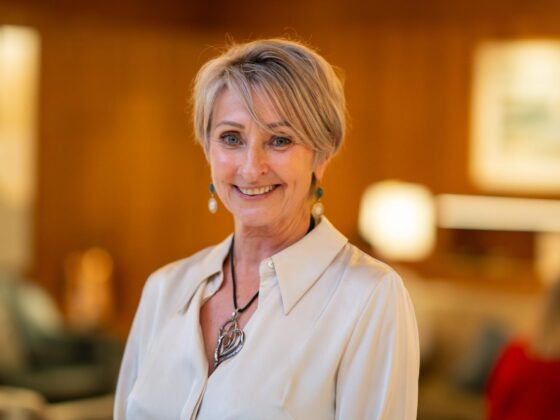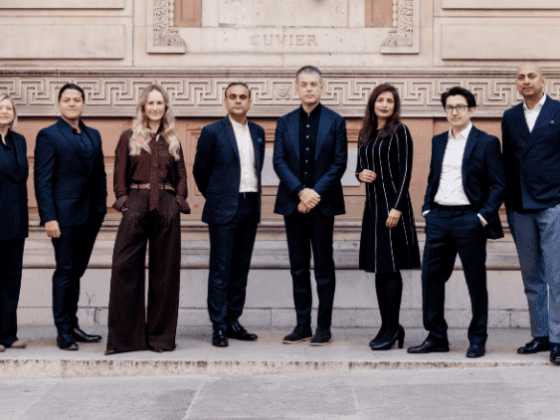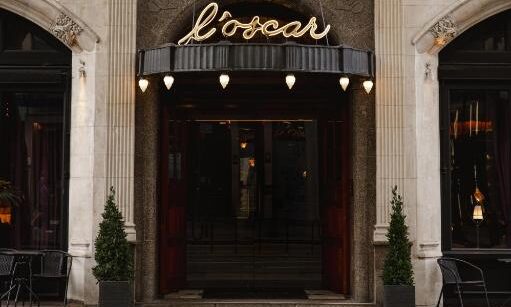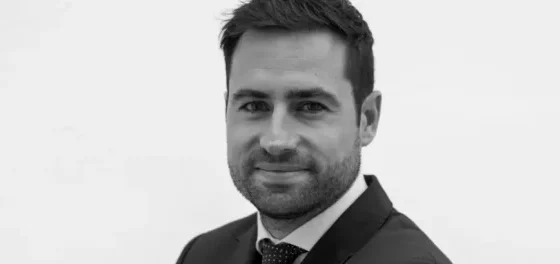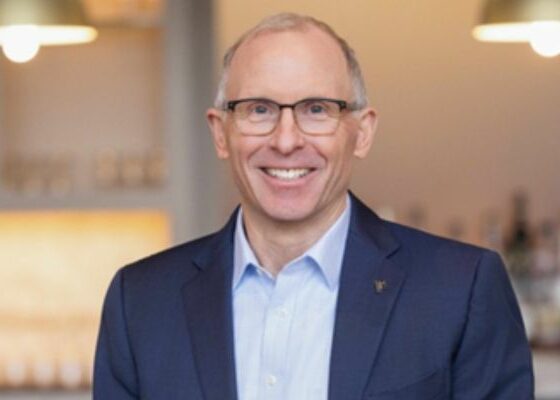The lure of finance
So what inspired Federico to pursue a career in finance instead of taking a more traditional hospitality path? Ironically, the global financial crisis played a significant role.
“I already had an interest in geopolitics, but when Bear Sterns and Lehman Brothers collapsed while I was at Glion, I remember discussing the fall-out and ongoing crisis with the professor in charge of the finance specialization,” he says. “That had a huge influence on me and inspired me to try to understand how the world works economically and ultimately to seek a role in finance.”
That said, Federico had not fully committed to a financial future and was still considering hospitality as a career option during his first internship.
“I went to work in a hotel in southern Spain,” he says. “It was great fun and I learned a lot. I never had the feeling that this was not the industry for me and believed it aligned really well with my personality and skillset.
“My second internship was with a financial institution in Paris as an analyst. I was really out of my comfort zone and working long hours, but I found it incredibly rewarding. After graduation, I did a third internship on the trading floor with a financial institution in Geneva and, after six months, I was offered two jobs. I’ve been working in finance ever since.”
Comprehensive education

While it’s true a hospitality degree is not generally viewed as a route into financial services, nevertheless Federico says his Glion education and overall experience enabled him to follow his chosen path.
“I think it helped because the general nature of the program gives you the time and the fundamental knowledge to start understanding what you like and what you want out of your working life,” he says. “Unlike a physics degree, which is quite specific, hospitality teaches you a broad range of different subjects that help you understand where your strengths lie.
“Hospitality teaches you a broad range of different subjects that help you understand where your strengths lie”
“Moreover, I believe my time at Glion really helped prepare me for life after education. It taught me how to be independent, how to look after myself and how to present myself professionally. While other schools may do something similar, the atmosphere, the emotional intelligence you develop and the outlook Glion encourages definitely make a difference.”
Experience counts
Having gained so much from his time at Glion, Federico is keen to give something back to the school. As well as sharing the benefit of his experience with students on campus, he is also working pro bono with the Glion Alumni Accelerator program.
“When I learned about this program, I immediately jumped on board,” he says. “It’s a relatively small organization, but a really interesting project that aims to support start-up businesses run by alumni. It’s all about entrepreneurship and investing, so really appealing to me. I work with a few others to raise funds for the program, which essentially involves pitching to businesses for sponsorship. It’s a great way for me to give something back to Glion but it also boosts my profile and allows me to broaden my network and stay in touch with the school.”

As well as volunteering his time for the Glion Alumni Accelerator, Federico is open to sharing his experience with students and has been invited back to take part in the school’s ‘Talk With an Alumni’ event. It’s a great opportunity for those considering a career outside of the traditional hospitality industry to discover how the skills they learn at Glion can prepare them for roles in many other sectors.
“Companies looking to recruit talent are increasingly hiring hospitality graduates,” he says. “The skills taught at Glion are highly transferable and much valued, so it’s not out of the ordinary for hospitality students to succeed in finding alternative careers.
“In fact, I think only around a third of Glion graduates end up working in hotels, so it’s clear career options are not limited to traditional hospitality roles.”
“I think only around a third of Glion graduates end up working in hotels, so it’s clear career options are not limited to traditional hospitality roles”
So does Federico have any advice for students considering alternative roles? As well as achieving the best grades possible, he believes networking is critical.
“My main message would be to network like crazy,” he says. “Of course, you should try to stand out, be original and study hard, but you cannot overstate the importance of building a good network.
“For example, I had a message from a student I met when I was last at Glion, who asked if I could give him some time for a chat. That’s all it takes. Be prepared to ask questions and make connections. If you do that once a week, you’ll be well on your way to building the kind of professional network that will open doors and help you achieve your goals.”

